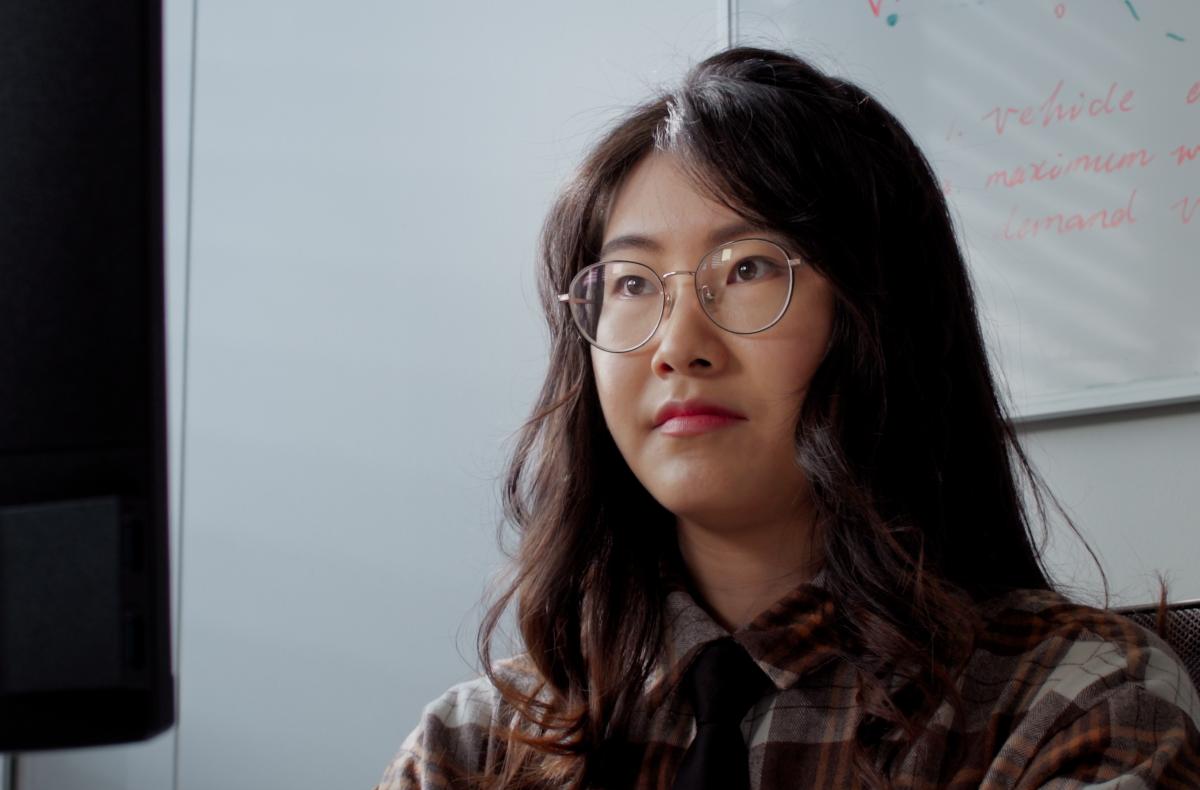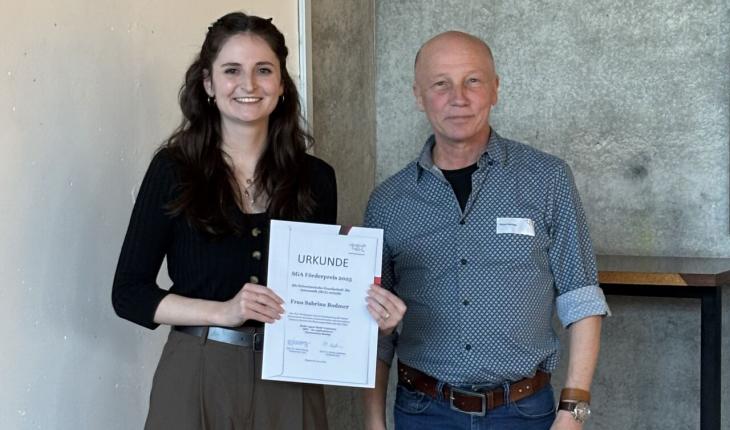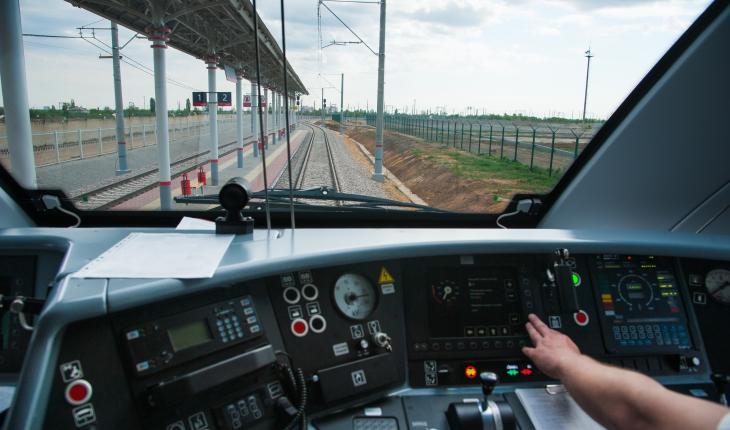“At NCCR Automation, I can work on a project that I think will help people”

Hi Pengbo. You started your PhD at the NCCR Automation around half a year ago. How has it been so far?
My PhD started right in the second wave of the Coronavirus in Switzerland. So it was quite tough to start. But it has gotten much better (laughs).
You did your Bachelor’s and Master’s degree in China. Did you have an (academic) culture shock?
Not a shock, but there are of course differences. For instance, the relationship between my supervisor and me. As the old Chinese saying goes; “a teacher for one day will be a mentor for your whole life”. Supervisors are revered very much, just as our elders, and when they give you a task, you carry it out. Here, there is more of an open conversation – my professor and I work together and my ideas and suggestion play a much bigger role than they did in China. Of course, this also depends on the supervisors.
You are part of the NCCR women campaign that promotes women in science – how important is this topic for you?
Very important. In my family, I am the only female in my peer group – all my cousins are men. I was often confronted with stereotypes. Like, girls supposedly being bad at mathematics or coding. Growing up, I found that other girls had similar experiences. At first, my way to fight these was to study hard and show that women can do anything as well or even better. I believe that role models can inspire more women to pursue their own dreams. That is why I agreed to be part of the NCCR women campaign: if there are any girls out there having doubts and asking themselves these questions and I can help motivate them to go for it – that would be great.
How did you end up at the NCCR Automation?
Before I came to EPFL for my PhD, I had focused on very theoretical control problems with few applications. But I wanted to do something that people can touch, because that makes me feel like my work really makes something happen and helps others.
The NCCR ‘Mobility of the future’ project fitted that idea: transportation it is rooted deeply in our everyday life and people’s rising demand for mobility only increases its significance. It is also an interesting application of control methods. Intelligent system can be built to monitor, manage and improve the quality of transportation based on plenty of collected data from traffic flows. And finally, as I knew very little about transportation before my PhD, it’s also an opportunity to learn a lot.
What is your NCCR project about exactly?
I am working on a control system that is aimed to improve the spatial balancing of shared vehicles, like taxis. Nowadays an empty taxi normally drives around the city hoping to find the next passengers. Even though experienced drivers will know the areas where demand is usually high, this can change over time. Even applications such as Uber do not tell the driver of an empty vehicle where the high-demand areas are. Uber provides the service of matching-up passengers and taxis, planning paths and so on. But it does not focus on the spatial distribution of idle vehicles. Again, the system relies on the experience of drivers.
Therefore, even they could benefit from a control system that proactively sends the empty taxis to where the demand is high at a given time. This increases the number of transported passengers per time, reduces waiting times for the consumers as well as air pollution.
How does your system work?
Based on previous data (like passenger ID, traveling time, origin, destination, and so on ), we can estimate what we call a “demand function” over the whole area of the city. This tells us how many orders are placed for a given time and place. The estimate we can use to proactively direct the drivers to where they are most likely to find their next passenger and thereby also balance the whole distribution of idle taxis.
Have you spoken to Uber about your research?
Actually, no (laughs). We are still working on the problem. There are already some promising results, but I think I can still improve on those.
What about others working on transportation within the NCCR – are you planning any collaborations? And do you have any other hopes or expectations from the NCCR?
I think being still in the early phase of my project and the pandemic still forcing us to work at home have made that difficult so far. But through the virtual coffee breaks in which we present our projects to each other, I hope to get these conversations going and collaborate with others working on similar projects.
Another aspect are the potential links to industry that the NCCR helps us make. For example, our Knowledge and Technology Transfer officer made me aware of “Mobility”, a Swiss company that offers vehicle sharing. This might be a potential collaboration opportunity that we can dive deeper into.
Meet Pengbo as part of the #NCCRWomen campaign here.
Find out more about Pengbo here.



